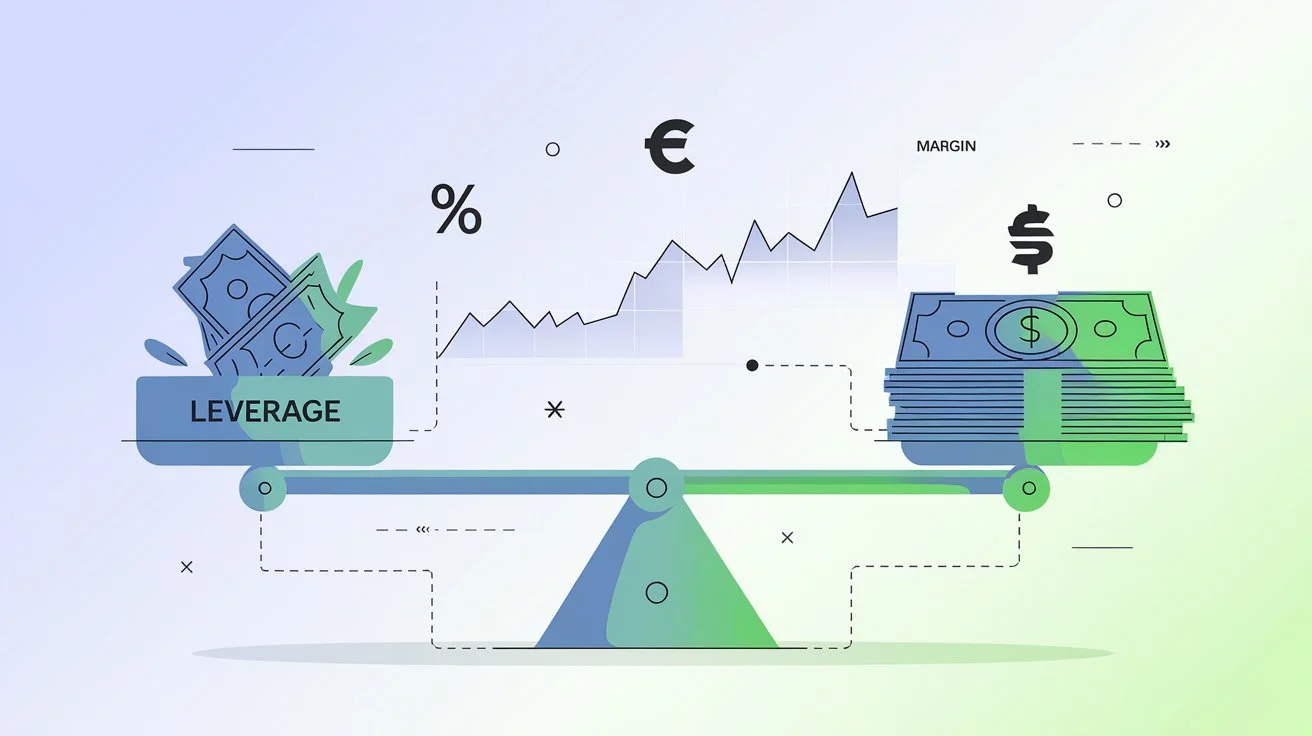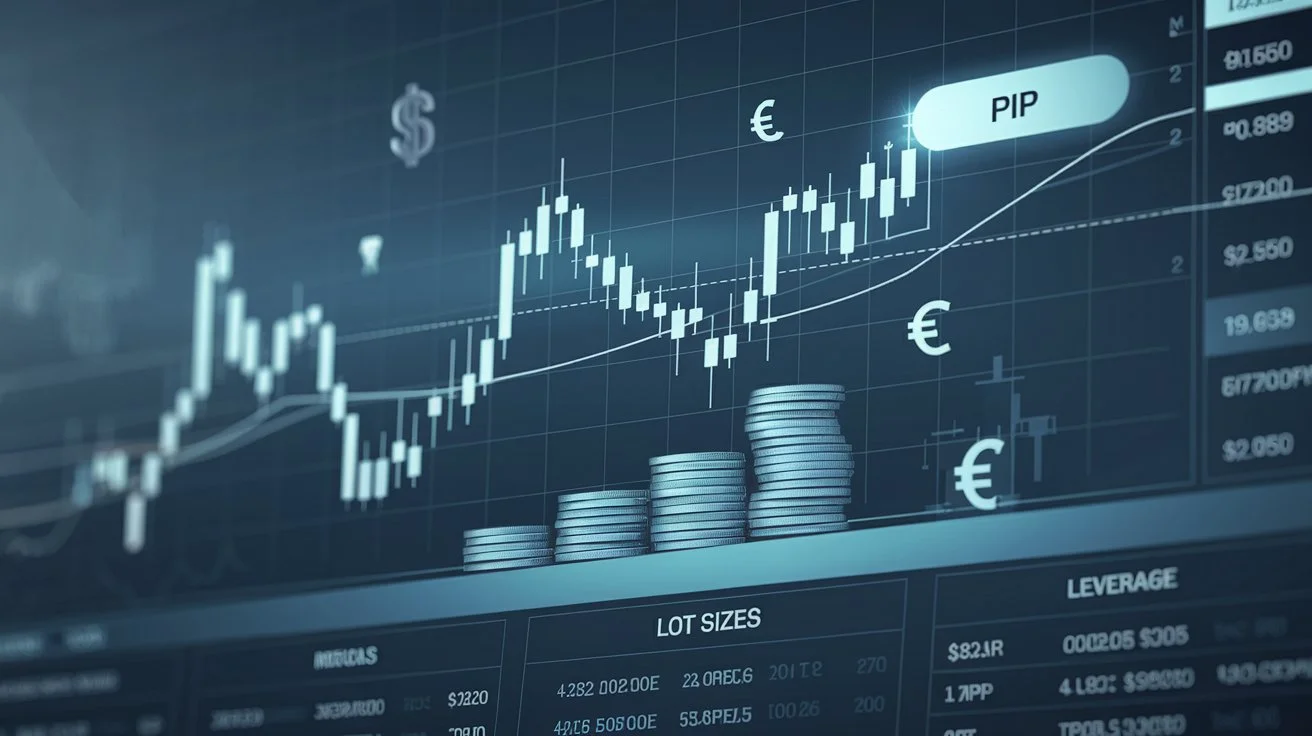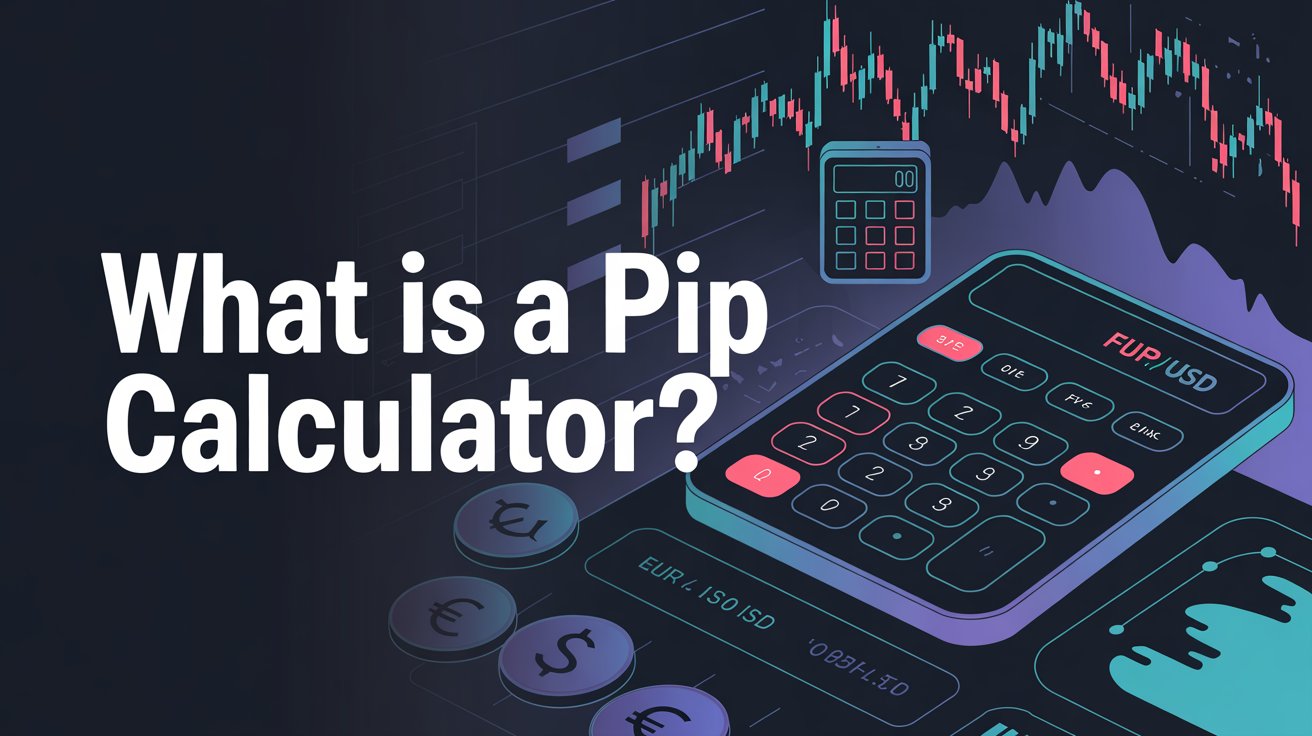Getting Started with Forex Trading for Beginners
Curious about how currency trading works? At News Eager, we break down the essentials of the forex market so you can start with confidence. From understanding terms like pips, lots, and currency pairs to exploring beginner-friendly strategies, our goal is to make your trading journey easier and more informed. Start learning today with simple guides designed for those new to the world of forex.







